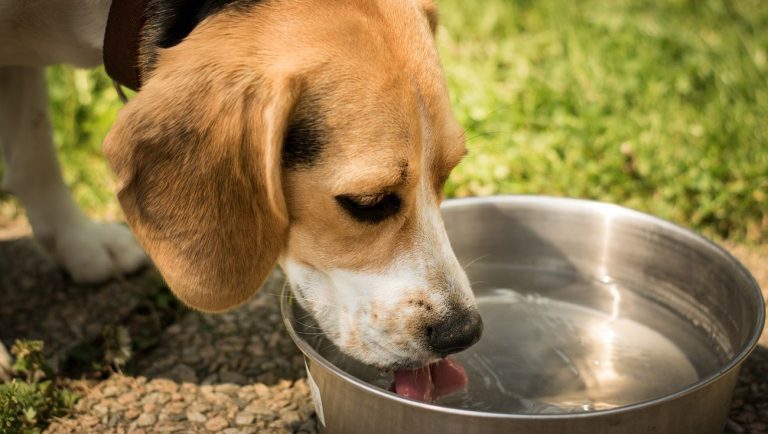Dogs, despite their seemingly robust digestive systems, are surprisingly prone to gastrointestinal upset. Vomiting and diarrhea are common occurrences, often leaving owners puzzled about the cause. This comprehensive guide explores the intricacies of canine digestion, common causes of digestive issues, and crucial steps you can take to maintain your dog’s gut health.
Canine Digestion: A Carnivore’s Complex System
While dogs possess efficient digestive systems, particularly adept at processing protein, this doesn’t render them immune to digestive problems. Their carnivorous nature dictates a strong ability to break down protein; stomach acid plays a crucial role in this process. Typically, a dog’s stomach empties within eight hours of eating, faster than herbivores or omnivores. However, this efficiency doesn’t account for the multitude of factors that can upset their delicate balance.
The Dangers of Uncontrolled Eating and Inappropriate Foods
Unlike humans, dogs lack the self-regulation to limit their food intake. They’ll readily consume anything offered, regardless of quantity. This insatiable appetite, coupled with a lack of discerning taste, often leads to digestive upset. Many dogs readily consume processed foods, unable to distinguish between palatable but harmful ingredients. Their trust in their owners often leads them to ingest foods detrimental to their health.
This indiscriminate eating behavior necessitates a vigilant approach from owners. Avoid feeding your dog table scraps, especially those high in fat, salt, or sugar. These can overwhelm their digestive system and lead to pancreatitis, obesity, and other health problems.
Avoiding Common Digestive Hazards: What to Avoid Feeding Your Dog
Several human foods pose significant risks to your dog’s digestive tract. Knowing what to avoid is crucial for preventative care.
- Bones: While tempting to offer bones as treats, many present a choking hazard or can splinter, causing internal damage. Avoid giving your dog cooked bones, as they are especially brittle. Raw bones, while safer, should still be supervised to prevent choking.
- Caffeine and Chocolate: These substances are toxic to dogs, affecting their nervous and digestive systems. Even small amounts can cause serious health problems, so keep these items well out of reach.
- Seasoned Foods: Human food is typically heavily seasoned with salt, oil, and spices, all harmful to a dog’s digestive system. These ingredients can lead to pancreatitis, salt poisoning, and other severe complications.
- Processed Meats: Processed meats like sausages, bacon, and ham, are high in fat, salt, and preservatives. These should be avoided entirely.
Prioritizing Whole Foods and Regular Veterinary Checkups
The best diet for your dog is one rich in whole, unprocessed foods. Lean proteins, such as chicken breast, and unseasoned vegetables are ideal. When offering meat scraps, ensure they’re raw and free from seasonings. Processed items like sausages or bacon should be strictly avoided.
Regular veterinary checkups are also essential. Dogs, unlike humans, cannot communicate their discomfort as effectively. Many digestive issues go unnoticed until they become severe. Regular checkups allow for early detection and prevention of more serious conditions.
Conclusion: Proactive Care for a Healthy Digestive System
Maintaining your dog’s digestive health requires a proactive approach. By understanding their dietary needs, avoiding hazardous foods, and scheduling regular veterinary checkups, you can significantly reduce the risk of digestive upsets and ensure a long, happy life for your furry companion. Remember, your dog relies on you to make informed decisions about their diet and well-being. A little extra care goes a long way in ensuring they enjoy optimal digestive health.

